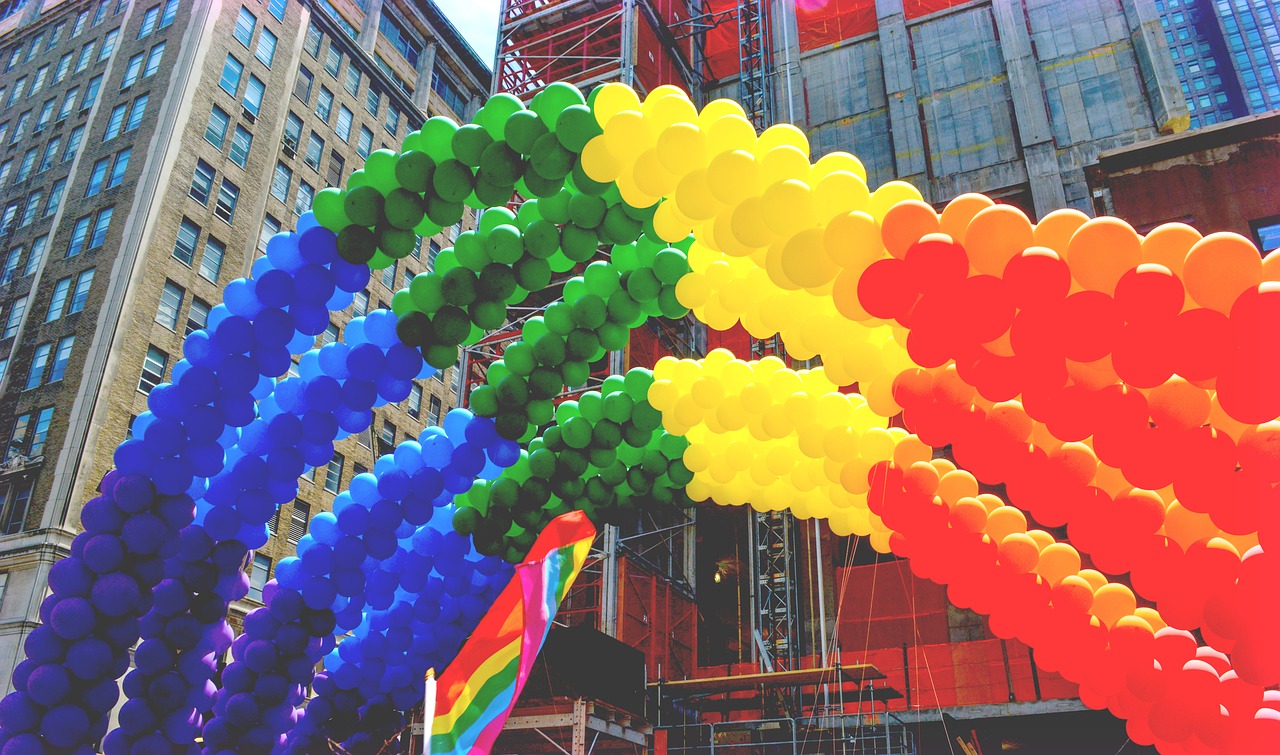The most important thing for LGBTIQ+ asylum seekers and refugees faced with stigma and discrimination in foreign countries is to have their voices heard.
That is according to The Pride Shelter Operations Officer, Derrick De Kock.
The Pride Shelter provides short-term residential facilities monthly to around 70 LGBTIQ+ individuals facing a crisis or trauma. The organisation only helps those refugees and asylum-seekers who are in South Africa legally.
The Shelter allows these individuals to remain at the facility for a month, then they must move on.
De Kock said they try to provide the right environment for asylum-seekers so they can get back on their feet.
“We give them a safe house, a bed, shower and two meals. It is important for restoring their dignity and helps them get back to their communities,” said De Kock.
According to People Against Suffering, Oppression and Poverty’s Director Victor Chikalogwe most LGBTIQ+ refugees and asylum seekers in South Africa come from countries where they are oppressed because of their sexual orientation.
The people come to South Africa because they think they will be protected by the country’s progressive laws. “But I must be very honest with you. That is very true on paper. Practically it’s impossible and there have been so many problems,” said Chikogwe.
Chikalogwe said while the law is clear on refugee and asylum seeker’s rights PASSOP has had to have an LGBTIQ+ advocacy programme.
“On the ground you find that people are still homophobic.” Chikalogwe said the first places they are likely to meet homophobia are government institutions like the Department of Home Affairs.
“When they go to these institutions they are met with so many abuses from the officers. For example questions like “Why are you gay?” and “Can you prove to us that you are gay?” explained Chikogwe.
“On the other hand, when they go to clinics when they are sick they are discriminated and denied access to health services just because they are not South African,” Chikalogwe added.
Chikongwe said if someone comes from Malawi or Zimbabwe and is fleeing persecution based on their sexual orientation and gender identity they qualify automatically for refugee status. This means under South African law they should be protected.
Instead, Chikongwe says most of those who apply for refugee status are rejected.
“When you have asylum status you must go and renew every month. At the end of the day most of them have lost their jobs because they can’t be going to Pretoria or Durban every month to renew their papers. Their bosses were not happy,” he said.
An Access Chapter 2 study released in May 2019 found that out of 50 respondents who self identify as LGBTIQ+ 80% were unemployed. It also says banks do not accept a temporary asylum document or freezes an asylum seekers account after the document expires in 6 months.
Forced to make themselves invisible
The stigma and discrimination faced by asylum seekers and refugees from the LGBTIQ+ community often means a life of constant fear. According to the United Nations High Commissioner for Refugees’s (UNHCR) Age, Gender and Diversity Accountability Report 2017, LGBTIQ+ persons seeking asylum or in refugee camps are often forced to make themselves invisible.
“Confronted with previous experiences of violence and discrimination, LGBTI persons of concern are reluctant to be identified as LGBTI persons,” the report noted.
There are 77 countries around the world countries that still criminalise same-sex relations. According to UCEF, in seven of these countries punishment is the death penalty.
Tebogo Gantsa is a journalist currently based in Johannesburg. Gantsa’s writing explores the impact institutions, policies and regulations have on development in the SADC region and the wider global context.
The views expressed in this article are the author’s own and do not necessarily reflect the editorial policies of The Daily Vox.









